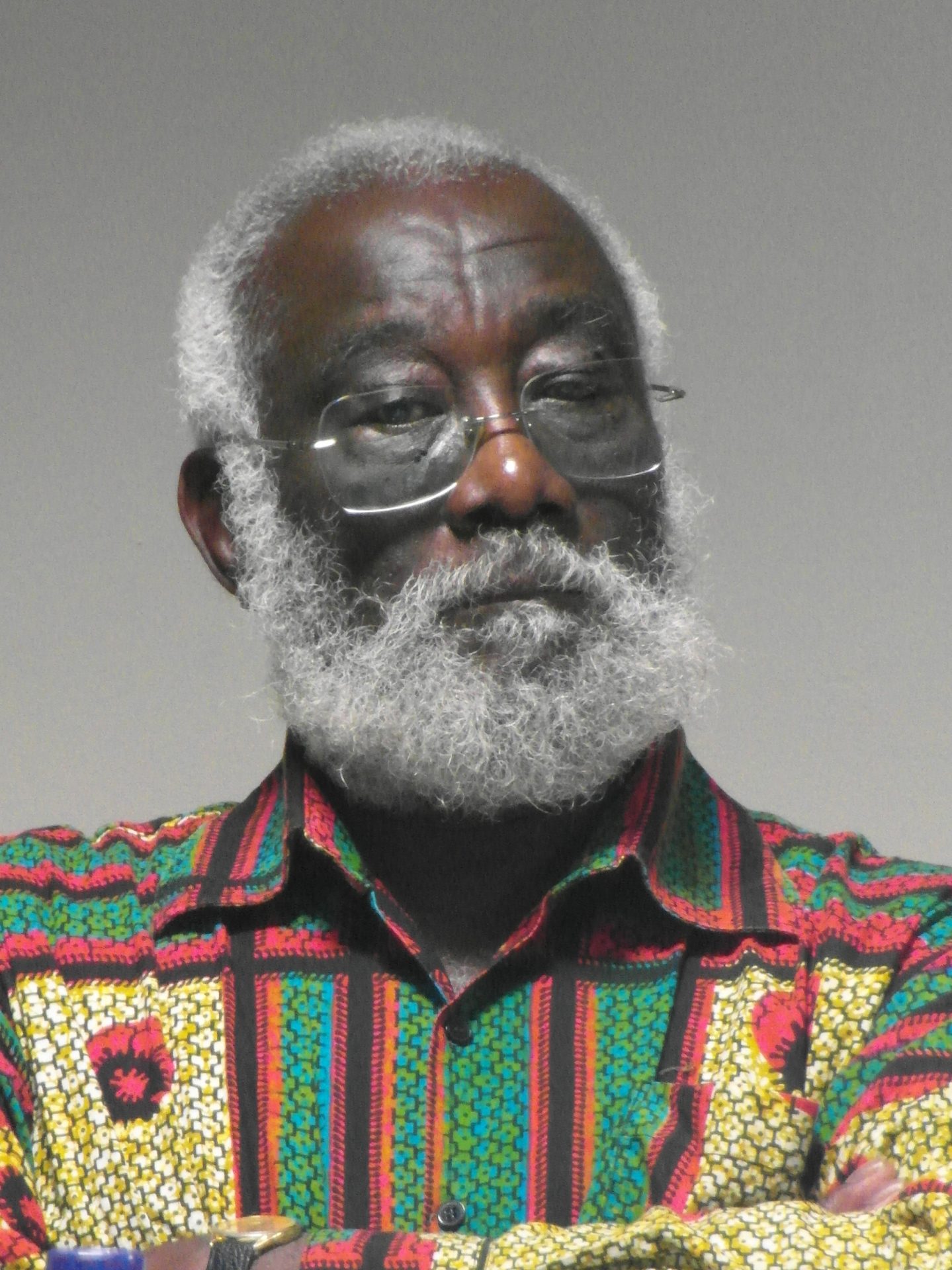Democracy, Language and Inclusive Education in the African Context

Kwesi Kwaa Prah
University of Zululand
Kwadlengezwa
Introduction Democracy is ultimately more an ideal, a principle, than a formally constituted and historically fixed formula of government. To varying degrees and extents, it has featured in different societies at different points in history. In our times, the desirability of democracy as an overarching principle of social organization is one of the least contested popular values of political life. In Africa, since the mid-20th century, it is institutionally identified with universal adult suffrage, the right for all adults to vote in the selection of state and representative leaderships, “one man one vote” as it is sometimes called. While other enabling conditions such as rights to association, equality before the law, free speech and religious freedom are generally acknowledged, most African states principally adhere to the symbolism of universal suffrage. While this is the idea, practice leaves much to be desired. These ideas as broad values, have in substance been the conditions which have been used as defining principles for the constitutional basis of the post-colonial citizenship in Africa.
Democratic deficits are not exclusive Africa, Asia and Latin America. In the West, glaring and flagrant deficiencies in democratic practice have been both common in the past and present. Ancient Greece the much-vaunted cradle of Western democracy rested on a slave underclass. In most of the West until the 1920s women did not have universal voting rights. Throughout the 1960s in Northern Ireland Catholics protested for civil rights. The United States of America was built on slavery, since the abolition of the “peculiar institution” in 1865 and the Reconstruction era which followed, Jim Crow laws, lynching and voter suppression directed against its supposed citizens, of African descent, has never stopped. Some gains were made in the Civil Rights Protest era of the 1960s but since the ouster of Trump again in recent weeks and months some states in the US are passing legislation to make it difficult for African-Americans to vote.
Most people will agree that modern citizenship is at best an educated condition, and that democracy is the most satisfactory formula for the organization of society today. Thus, citizenship is a requisite feature of a democratic system. When we say a socio-political system is democratic, we are also saying that the system is sensitive and responsive to the interests of the citizenry and also that this citizenry operates the routinization of government through an institutionalized elective process which gives them a share and say in government, however removed they may be from the immediate area of political leadership and decision-making. Furthermore, modern citizenship eschews the idea of superior or inferior citizens. All are equal before the law, all have equal voting rights, without exception all are free to engage in the activities of citizenship, all are in the expression of their political rights free to express both individual and group interests. Thus, for democracy to flourish, there is need for a constant state… Read more.














Leave a Reply